Sir Tim Clark is worried about Boeing.
In an exclusive interview with The Air Current Tuesday morning, the longtime President of Emirates airline offered a surgical dissection of the U.S. plane maker and its acute struggles with the 737 Max, 777X and 787, which he believes are existential, systemic and solvable.
“Culpability for the culture, strategy, direction, priority of that company rests with the Boeing board and nobody else. And that’s where the buck should stop. And that’s where they need to get themselves sorted out,” he said. “So going forward, the relationships that airlines have with the likes of Boeing will be conditioned by what they see they are doing to sort out their internal problems.”
The public rebuke is the sharpest Boeing has received from any customer in the wake of its rolling series of crises. Clark has been instrumental in steering the biggest jetliner programs at Boeing and Airbus over decades and is one of the industry’s most influential figures. He believes that Boeing has a way to go in rebuilding trust and confidence with regulators, customers and the traveling public.
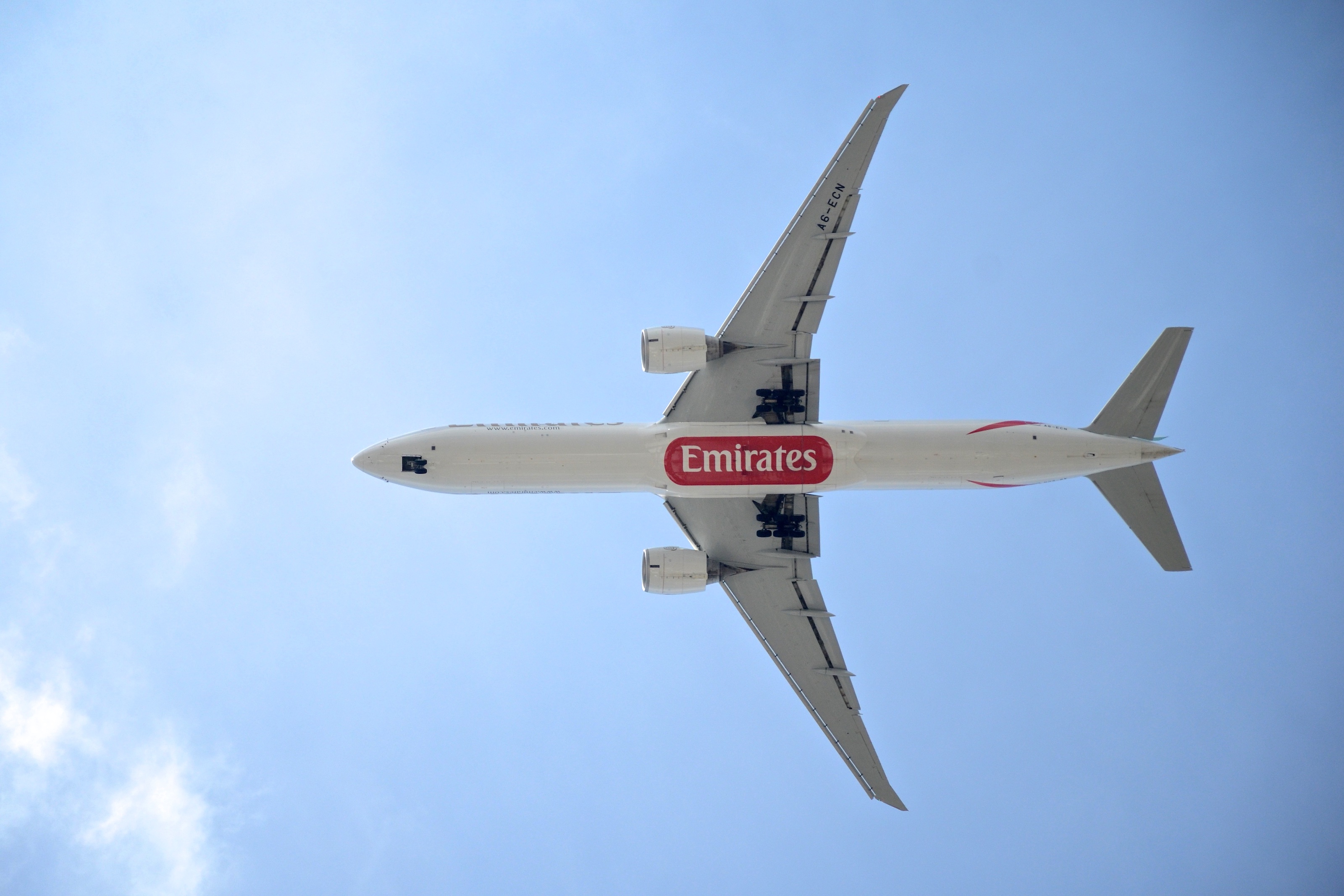
“I regret having to say all this, but I kind of, I think it needs to be said, otherwise, we’re just going to move on out of the Max era, as if nothing has happened.” said Clark. Boeing’s leadership “can take that whichever way they like it. If they don’t like what they hear, well, then that’s tough. That’s someone like me saying, you need to sort yourself out.”
The nearly 90-minute interview covered an expansive range of topics, including the future of the airline that, until recently, held the title of the world’s largest international carrier, the COVID-19 pandemic, as well as its fleet strategy and the future of its fleet of superjumbo Airbus A380s. Those topics will be explored in later articles.
Clark, 71, delayed his retirement last year as “this bloody pandemic”, in his words, ravaged Emirates and the global airline industry. The conclusion of this stage of his career coincides with a cataclysm that has left the industry reeling and coincides with the worst safety and operational crises in Boeing’s history.
This piece has been shortlisted for a 2021 Aerospace Media Award. Subscribe to TACWhile the pandemic adds to Boeing’s troubles, Clark said the industrial giant’s woes stem directly from focusing too aggressively on shareholder returns and their effect on corporate decision making within senior management and its Board of Directors. He believes that has profoundly affected Boeing’s culture and is at the root of today’s quality issues on the 787 and the twin crashes and grounding of the 737 Max.
March 10, 2021 is the two-year anniversary of Ethiopian 302, the second of the two crashes.
Boeing, to its part, has been in a continual state of flux. It fired both its chief executive, Dennis Muilenburg and the head of its commercial airplane business, Kevin McAllister, in 2019. It has appointed new board members to focus on safety and technical operation and cycled out others. It has also appointed its first Chief Aerospace Safety Officer and established a centralized safety management organization to review its products and services.
Boeing Chief Executive, David Calhoun, who served on Boeing’s board since 2009 before becoming its top executive in January 2020 wrote in the company’s just-released annual report that, “We continue to put our company under a microscope. Our global leadership team is shifting more time and attention to getting as close as possible to our day-to-day work, ensuring that they have unfiltered visibility into key decisions and behaviors on our front lines.”
Boeing declined to comment after being provided a detailed account of Clark’s remarks.
By the numbers, Emirates has taken delivery of 133 777s (more than any other airline), which are today the backbone of its fleet with more than 100 of its A380s currently parked. The carrier launched the 777X in 2013 with a record order for 150. Emirates’ sister carrier FlyDubai is the second largest airline customer for the 737 Max.
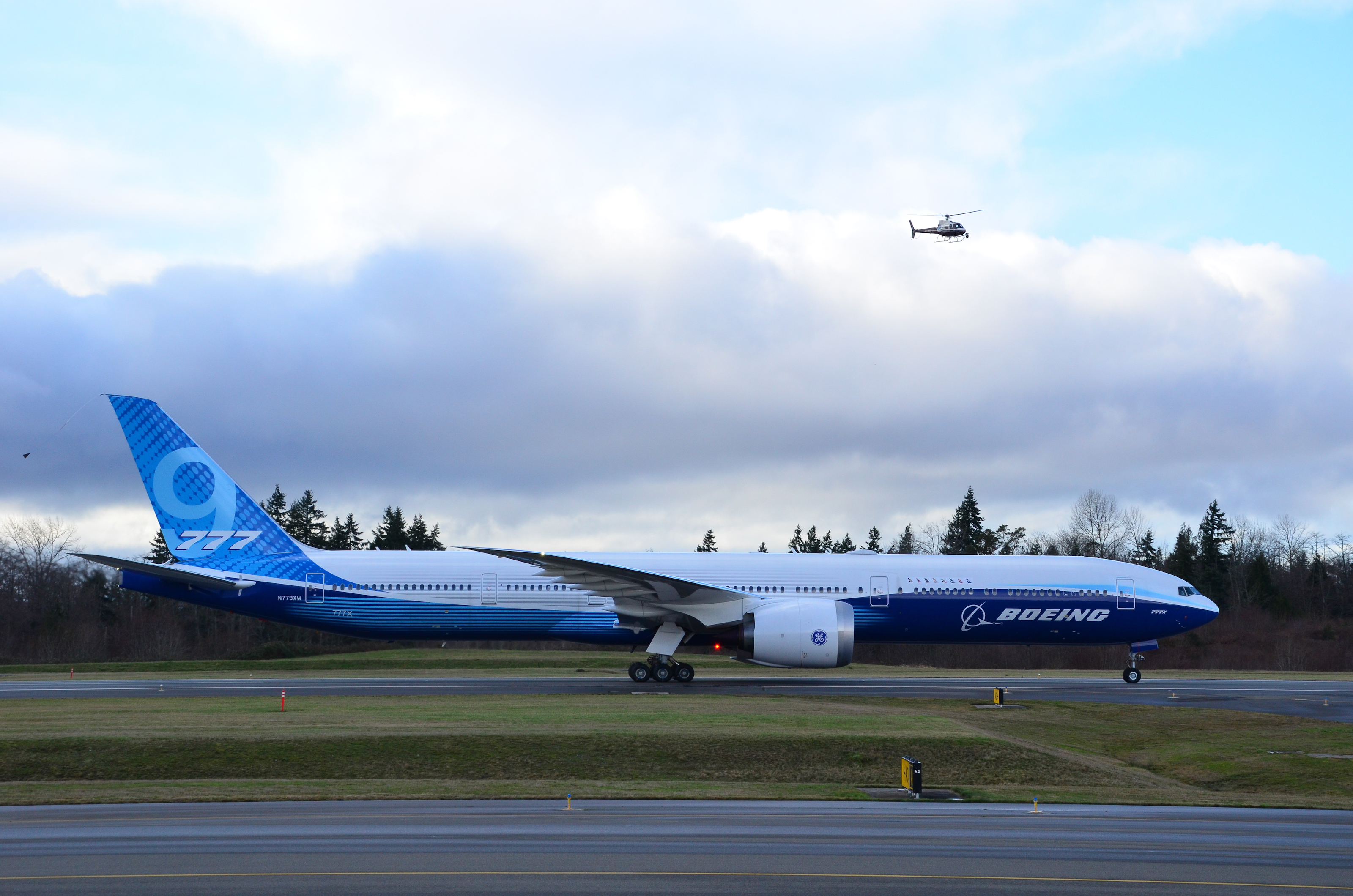
The 777X delays have stretched Emirates’ first delivery from June 2020 to mid-2024, “if you’re lucky,” said Clark. The airline has shifted some of its deliveries for the super twin to smaller 787s, due as early as 2022 or 2023. Thirty were formally converted to 787s, though Boeing’s order book still reflects 156 777X. No engine has been selected for its 787s yet.
Related: After Max, 787, tanker and spacecraft struggles, trouble comes to 777X
“In the case of the 777X, the delay now…gives [Boeing] ample time to sort out the engine issues that were clearly there, any structural or quality control or design issues on the airframe. So by the time it comes out, there should be absolutely no excuses that the aircraft will fly without any conditionality.
“I’m sick and tired of receiving aircraft that didn’t work, and we kept on having to ground them. I’d be pointed to the contract and say ‘you have an obligation to take these airplanes, even though they don’t work.’ Well, those days are over. And that goes for propulsion as well. We will not take aircraft that do not fly at 99.9% dispatch reliability.
“No engine program one, engine program two, engine program three” for iterative fuel burn or reliability improvements. “We’ll upgrade, we’ll upgrade,” said Clark in the voice of the engine makers. “No, no, no, no, no, you do it now. And you do it before we take delivery. That’s the message that we’re passing out. And that works for both manufacturers.”
Clark’s message is unambiguous: “Get your act together, get your aircraft in good nick. Deliver when you say you’re going to deliver to the specifications that we contract for, with the reliability that we demand. And if you can’t do that, tell us, and then we’ll have a conversation, a grown-up conversation, about the way forward.”
Boeing has not delivered 787s since October after beginning a slate of structural inspections and repairs on undelivered Dreamliners. The Air Current first reported the fuselage issues in August, which then prompted the immediate grounding of eight newly-made 787s and a fresh Federal Aviation Administration review of Boeing’s quality system.
Related: Scarce quality data on 787 skins as FAA peels back onion on Boeing
“The ’87 has got to be sorted out,” said Clark. “You cannot continue to manufacture aircraft that do not do the job for you. They have manufacturing issues. They’ve been called out on multiple occasions. They need to sort out their production, big time. Quality control, quality gate. Everything needs to be put under the microscope to make sure that they don’t get egg all over their face every six months about the way the 787 has been produced.”
The root of the problem
Clark maps the issues Boeing is today facing on the 787 back to its original strategy decisions made at the board level and baked into the creation of the Dreamliner in the early 2000s. The aircraft was delayed for three years and went billions of dollars over budget as its design and suppliers faltered.
“What the Boeing designers and engineers in the early years conceived out of the Sonic Cruiser came this wonderful machine. Then some group of people at board level decided that, maybe driven by the accountants, that they’re going to part it down. We know the story about its birth and its growth years, which were frankly a disaster for it. So they need to sort that out now.”
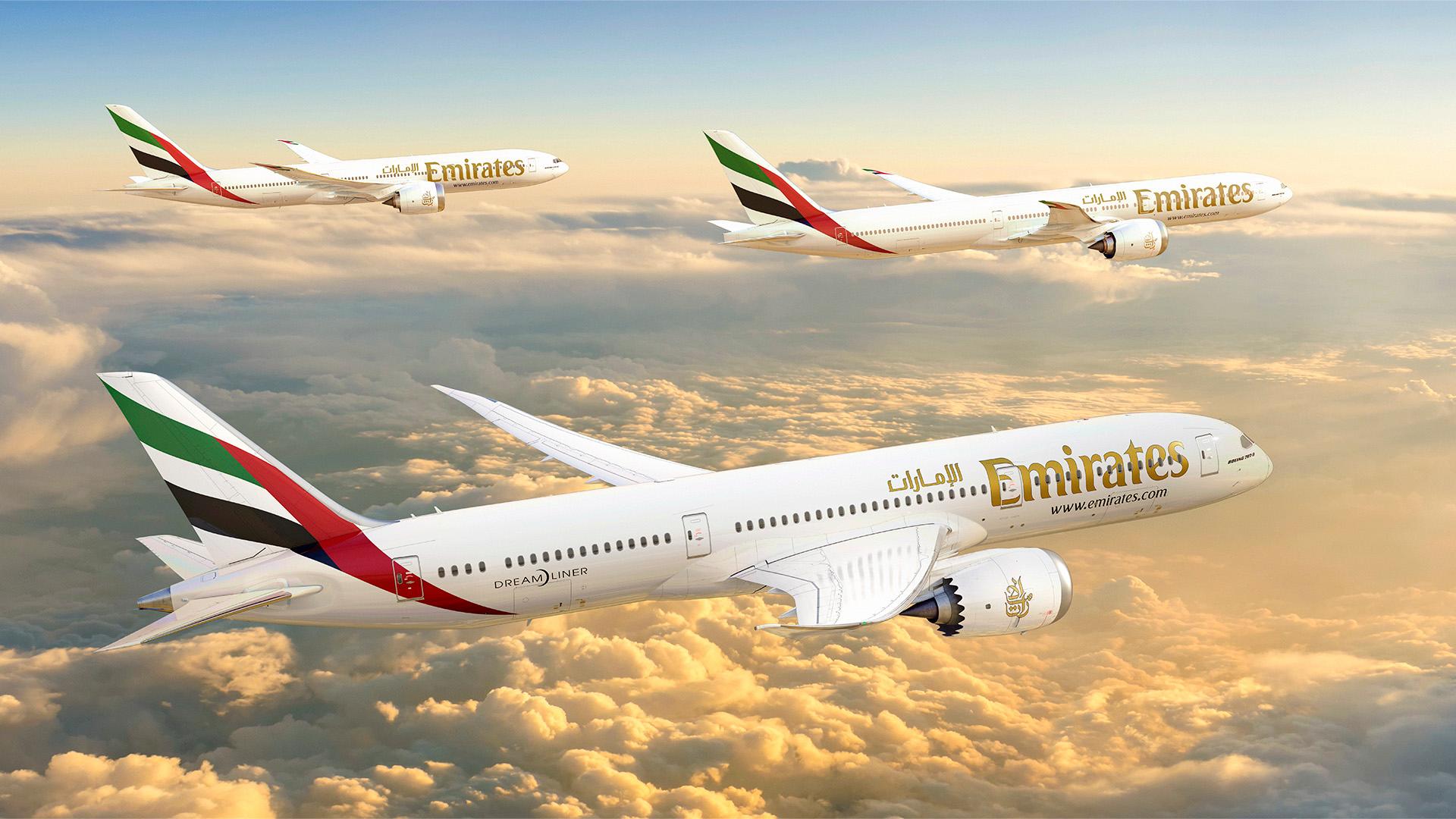
Clark fawns over the 787 and Boeing’s engineering corps, calling its wing “poetry in motion. The guys that designed that wing on the 787 should be revered in the history, the legacy, of Boeing.”
“But I think the whole notion that the corporation should be subjected to the, what I call the 90s and 2000…financial pressures in the sense that the pursuit of shareholder value, of course. The pursuit of profit. The pursuit of reduction in costs. The pursuit of bonuses, the bonus culture that drove so much of the thinking and distorted decisions taken at very high levels. The constant attempt to buy back shares, which of course inflated the value of a share and therefore bonuses that were related to share price were affected that way.
“There was a switch in emphasis and during the course of the build to the ’87, I could see that there was a huge pressure to strip out costs at pace. Many of the suppliers working with both Boeing and us on the same program would come to us and say ‘we’re absolutely on our knees.’ These people are demanding 15, 20% reduction in our costs.
“Of course, I didn’t see that [reduction] in the prices [for aircraft] by the way, but it was this kind of culture. At the time I began to think, you’ve got to be careful here. If you start bringing your supply chain down onto…the lowest common denominator, eventually your quality gate issues will bite you in the backside. You’ll get components that are coming through to you which are not fit for purpose.”
The 15-20% price cuts are a reference to Boeing’s multi-round Partnering for Success initiative, born out of sharply reducing the cost of everything that it purchases from its suppliers.
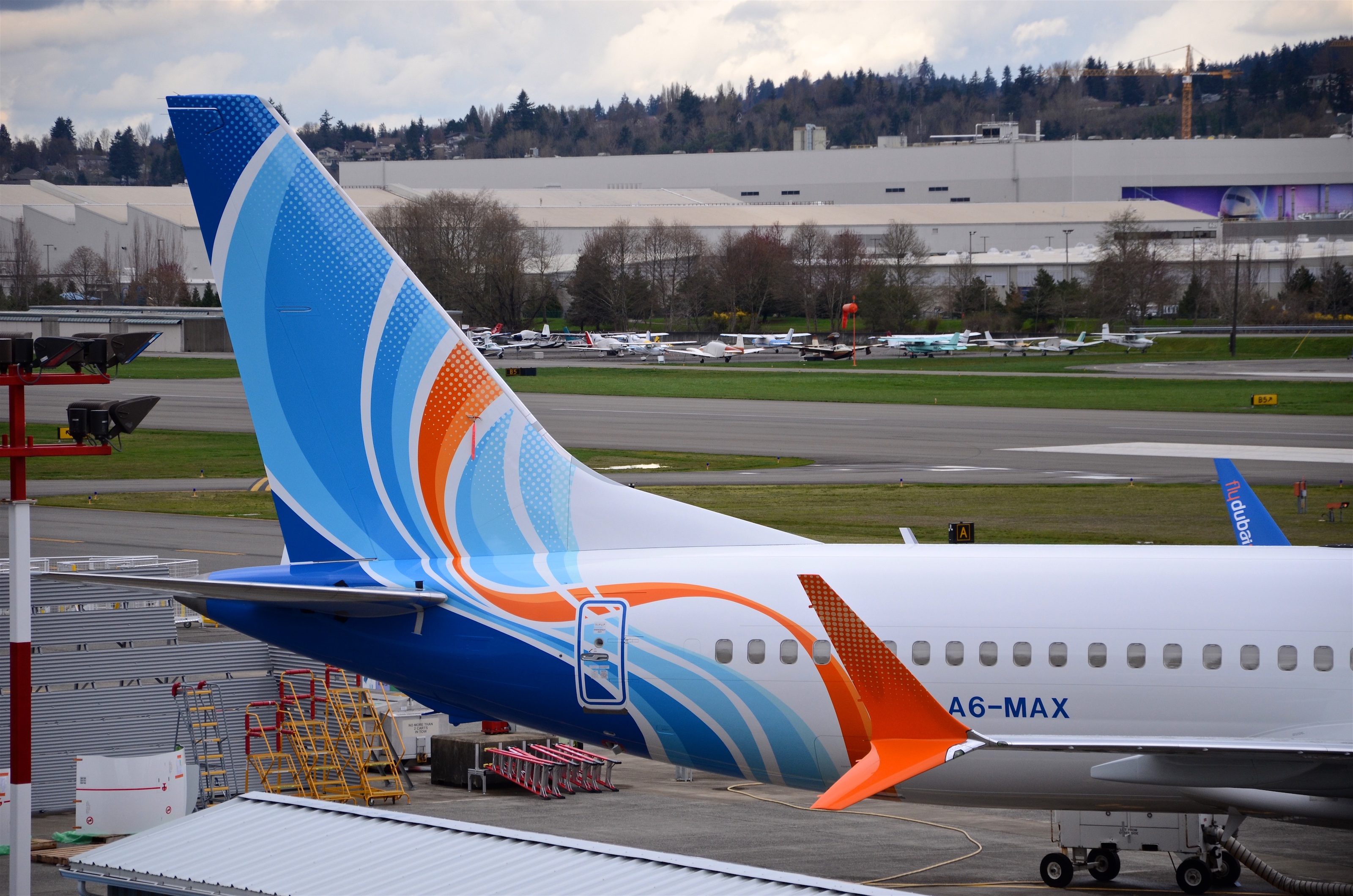
Crucially, Clark sees this as having a systemic impact on all facets of its operations, ultimately contributing to the 737 Max crashes. “I think this was working right the way through the whole organization. And I think what happened with the Max was a reflection of that. I think the culpability for all of this lies with the various boards that they’ve had at Boeing.”
The United States Congress and the Departments of Justice and Transportation to the National Transportation Safety Board and international regulators have all closely examined what happened inside Boeing and the FAA through the jet’s certification and grounding. Clark said the Boeing itself has yet to fully grapple with what has happened inside its own four walls.
“You need to do a granular assessment of why there were whistleblowers. Of why there were issues in the company that were not as transparent as they should be as regard to safety of operations, et cetera, et cetera,” he said. “Why was this allowed to happen? Why were people off-sided? Why didn’t you listen? Was this ‘Were we too arrogant? Too maverick? Did we know it all? Who can tell us, we are Boeing.’ No. All that has to change – a little bit of humility. Understand what you look like from the outside.”
“They need to sort themselves out. They can’t just sort of brush this all under the carpet. ‘Oh, no, we’ll just carry on business as usual.’ No, they need to do a root and branch assessment of what they really are trying to do.”
The United Arab Emirates, which was part of an international review of the single-aisle jet, recently re-cleared the 737 Max for service.
Tim Clark loves Boeing and loves the airplane business. “I’m just an aircraft geek anyway…I mean, I know a good airplane when I see it. I know when Boeing produced great airplanes. I’ve met some of the designers and I think the world of them. These people produce brilliant machines, they’ve innovated, they have led the world.”
Related: New Boeing CEO says the future has to wait
But Clark remains worried whether or not Boeing’s current leadership — both at the board level and in commercial airplanes — has focused on solving the right problems. “This needs leadership, this needs an individual who’s got to drive that business through, change it out, do a…Steve Jobs or whatever. You need an individual to drive this through and with a root and branch, top to bottom and bottom to top rethink process, culture, DNA, to make sure that things like the Max never happen again.”
Is this the right team?
“Only time will tell,” he said. “If they are institutionalizing their thinking, all infected by the way the establishment in the institution has happened in the past — and that conditions the way they think, and therefore what they execute — this is folly.
“The wake up call of the Max was something that told them that all was not right. If you think that you’re going to get away with it by cosmetic changes — and they will write me as they did — ‘we’ve done all this, this, this, and this and this.’ You’re not getting it. You’re not getting it.”
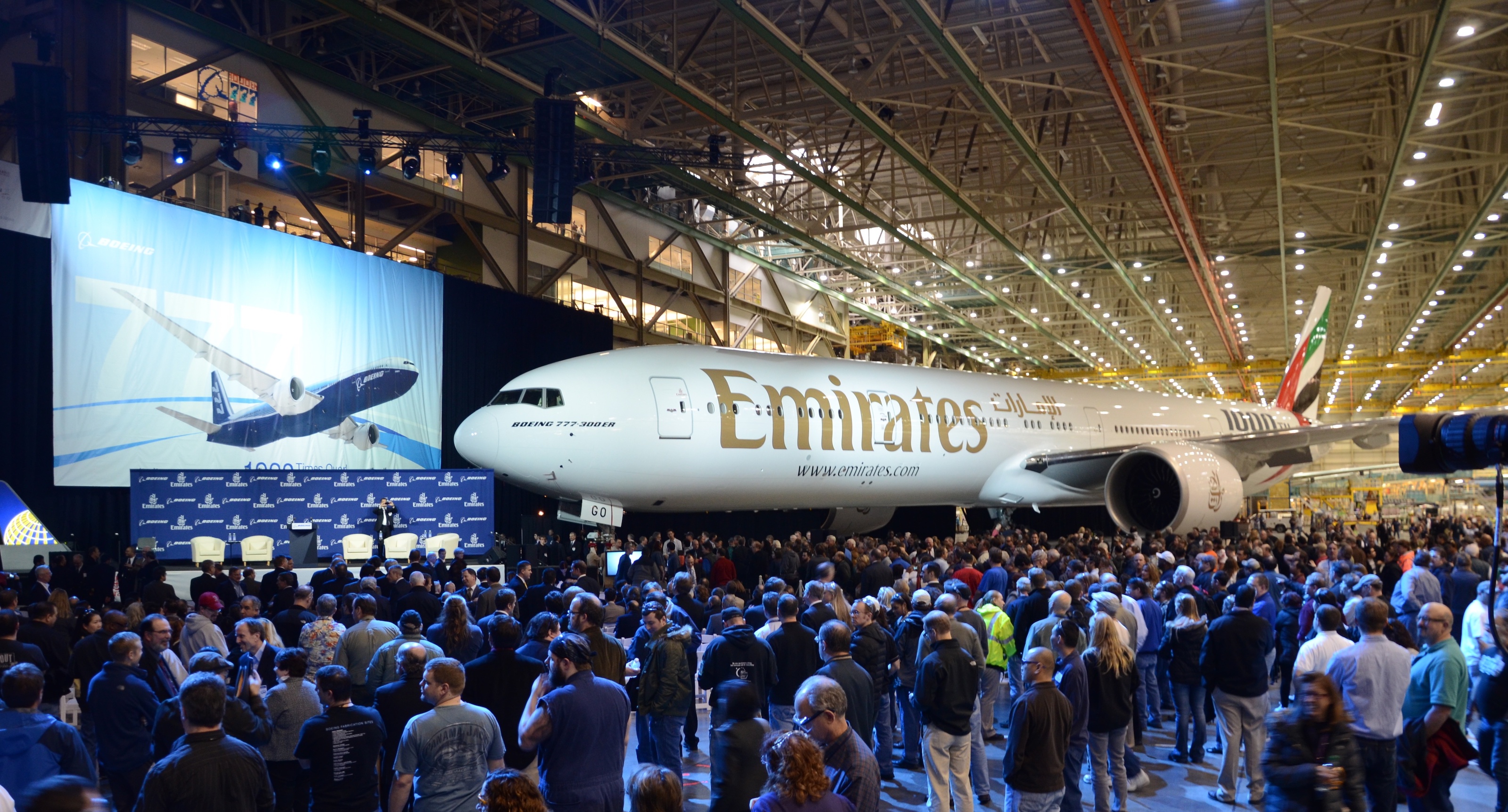
Clark said Boeing and its leaders need to refocus on answering what kind of company it wants to be and how it will get there, comparing his experience with Emirates, which is by design integrated with Dubai and its aviation sector. “We work with the stakeholders, we keep everything that affects what we do, right in the center of the model. And people like me sitting at the top of it, do not let that lose sight of that. Never lose sight of what you’re there to do.”
“Concentrate on what you do and the rest will happen on the upside, not the downside, because your designers, your engineers will do the right thing by you. They’ll listen to the client base. They’ll look at those emerging technologies. They’ll see how they can cross them over.
“I would say that’s very salvageable. And the sooner they recognize that and get going again, then bingo, you will put in the past behind you. So it’s not beyond the point of no return.
“And when you do that, and you’ve got it all sorted, you will reemerge as a hugely strong consortium. Profitable by virtue of the fact, not because you’re worried about shareholder price and bonuses — you will be good because you’re good.”
Top photo credit to Jeremy Dwyer-Lindgren
Write to Jon Ostrower at jon@theaircurrent.com
Subscribe to TAC
